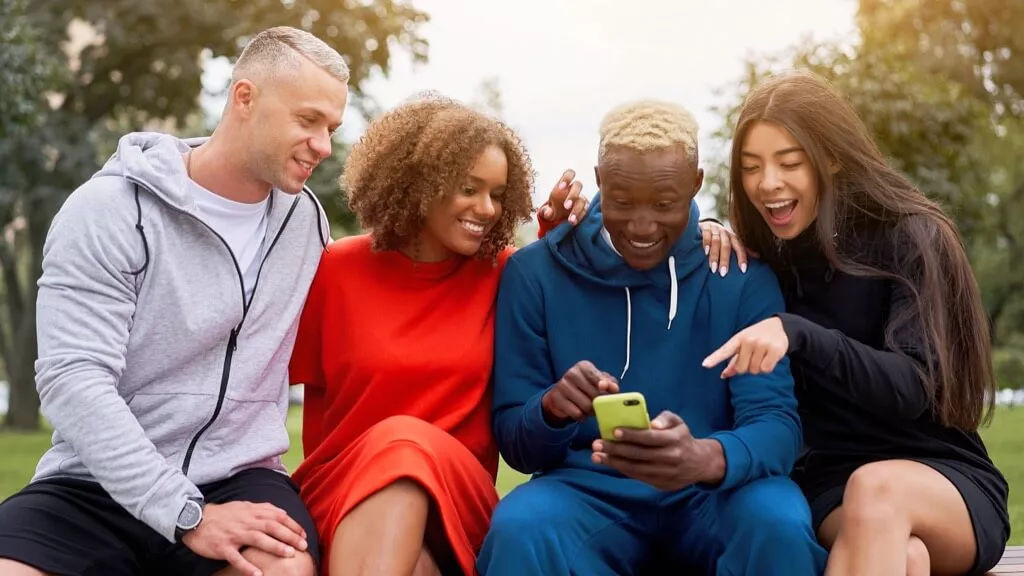The concept of “affective forecasting” reveals how you imagine future events, including purchases. You’ve likely daydreamed about an upcoming vacation, picturing the blissful moments. However, our ability to predict future emotions is often flawed. We frequently misjudge not only the type of emotion but also its intensity and duration. Interestingly, studies show that the anticipation of an experience, like planning a trip, often brings more happiness than the event itself. This leads to a valuable strategy: delay gratification. Instead of making immediate purchases, try delaying them to savor the anticipation, which can be a source of joy in itself.
Every time you make a purchase, you’re spending not just money but also forsaking other potential acquisitions. This trade-off often comes with an emotional cost, known as the “pain of paying.” Research using fMRI scans shows that our brains register this pain, especially when prices are high. The mode of payment also influences this pain. Cash payments tend to feel more painful compared to card or contactless payments. To leverage this, make paying feel more substantial. If you’re worried about overspending, use cash or set up account alerts for each transaction. This approach can help you become more mindful of your spending habits.
The Hedonic Adaptation
The concept of the hedonic treadmill is a vital aspect to consider in smart spending and managing personal finances. This term describes a cycle where you continually chase happiness through material acquisitions, only to find that your satisfaction levels quickly return to a baseline after each new purchase. It’s like running on a treadmill, where you exert effort but don’t go anywhere. The initial excitement of buying something new, like the latest smartphone or gadget, is thrilling, but this joy is often short-lived. Research suggests that people overestimate the duration of happiness that new purchases will bring. A study from the Journal of Consumer Psychology found that the satisfaction we get from new acquisitions diminishes more quickly than we anticipate.
To combat this cycle, it’s important to focus on what truly brings lasting happiness. Redirecting your spending towards experiences rather than material goods can be a powerful strategy. Experiences, such as traveling, attending concerts, or even just having dinner with friends, contribute to your happiness in a more enduring way. They create memories and foster social connections, which are key components of long-term well-being. According to a study published in the journal Psychological Science, experiential purchases bring greater and more enduring happiness than material purchases.
This phenomenon, where you rapidly adjust to changes in your life, particularly to new possessions, explains why the happiness from new acquisitions fades quickly. A 2006 study in the Journal of Happiness Studies reported that people often return to their baseline level of happiness, regardless of positive or negative changes in their life circumstances. This adaptability is a double-edged sword: it helps you cope with negative events, but it also means that the joy from positive changes, like buying something new, doesn’t last as long as you might hope.
To mitigate the effects of hedonic adaptation, it’s helpful to introduce variety and novelty in your experiences rather than in your possessions. A paper from the University of Missouri found that people who engage in a variety of experiences are more likely to retain their happiness over time than those who accumulate a variety of possessions. This approach keeps your life interesting and engaging, providing new sources of happiness that are more resistant to the dulling effects of adaptation.
In your pursuit of happiness, it’s essential to invest in experiences that create lasting memories and build relationships. Experiences contribute to personal growth, connect you with others, and form a significant part of your identity. The happiness derived from experiences is more resistant to comparison and adaptation than material goods. According to a study by Thomas Gilovich, a psychology professor at Cornell University, experiential purchases contribute more to lasting happiness because they are more open to positive reinterpretations, are a more meaningful part of one’s identity, and contribute more to successful social relationships.
Choosing Experiences Over Objects
Next time you’re torn between buying the latest gadget or spending on an experience, think about the long-term happiness each option offers. While a new smartphone might bring temporary joy, the happiness from experiences tends to last longer.
Experiences like concerts or trips with friends not only create lasting memories but also tend to bring more sustained happiness than material possessions. This shift in spending habits can significantly impact your overall satisfaction and well-being.
Tools To Help You Think Before Purchasing Online
Delayed Purchase Apps
In our journey to smarter spending, consider using apps that help delay purchases. Apps like “Hold” or “Pocket Points” incentivize you to wait before purchasing by offering rewards or points. This approach taps into the joy of anticipation, making each purchase more meaningful and often more satisfying.
Mindful Spending Trackers
To truly grasp the ‘pain of paying’, a spending tracker app is your go-to tool. Apps like “Mint” or “You Need A Budget (YNAB)” give you a vivid picture of where your money goes. These apps can make the act of spending more tangible, especially when you’re swiping cards or using contactless payments, helping you feel the impact of each transaction.
Experience-First Planning Tools
For shifting your spending from material goods to experiences, use planning tools and apps like “Eventbrite” or “Meetup.” These platforms not only help you find exciting events but also facilitate planning, ensuring you invest more in experiences that bring long-term happiness.
Cash-Only Challenge
Embrace the old-school method of a cash-only challenge. Withdraw a set amount of money at the start of the week and commit to using only this for all your purchases. This physical interaction with money can make spending feel more real, helping you to be more mindful and avoid impulse buys.
Community Forums for Financial Wisdom
- Join online forums and communities focused on smart spending and financial well-being. Platforms like Reddit’s r/personalfinance or r/frugal offer:
- Real-life stories and tips from individuals who have mastered the art of smart spending.
- Advice on budgeting, saving, and investing.
- A supportive community to keep you motivated on your journey to financial mindfulness.
Incorporating these tools into your daily life can transform your approach to spending, turning each decision into a step towards greater financial wisdom and overall happiness.
The thrill of new purchases quickly fades, but the memories and connections forged through experiences endure, becoming integral parts of your life’s tapestry. By investing in activities that foster personal growth and social bonds, you not only escape the endless cycle of the hedonic treadmill but also cultivate a sense of fulfillment that material possessions alone cannot provide. This shift in spending priorities from acquiring things to experiencing life can lead to deeper, more lasting contentment and a more balanced financial lifestyle.




